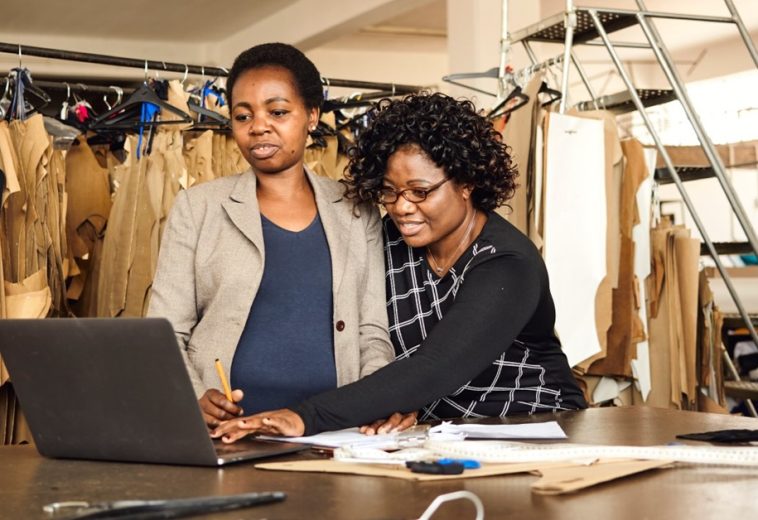In recent years, Africa has made remarkable progress in higher education, demonstrating a resolute commitment to academic excellence and reaffirming its potential as a hub for knowledge and innovation. The latest Times Higher Education World University Rankings 2025 reflect this advancement, showcasing the improved global standing of African universities, with the University of Cape Town (UCT) leading as the continent’s top-ranked institution. This resurgence signals a continent-wide effort to elevate educational standards and contribute meaningfully to the global academic community.
A Glimpse of Achievements
UCT, with a vibrant community of approximately 29,000 students from over 100 countries, exemplifies what a modern, research-focused university can achieve. Offering a diverse range of programmes across six faculties, it produces about 7,200 graduates annually. Following closely are other esteemed institutions, such as Stellenbosch University and the University of the Witwatersrand, both of which have played pivotal roles in nurturing talent and advancing research.
READ ALSO: Bridging the Gap: Education, Development, and the Future of Africa’s Youth
The emergence of innovative institutions like Mohammed VI Polytechnic University in Morocco, established in 2016, represents a new wave of universities dedicated to research and technological advancement. Boasting Africa’s largest supercomputer, the university is poised to spearhead scientific innovation across the continent.
Challenges Faced
Despite these notable advancements, significant challenges persist. Many African universities face chronic underfunding, struggling to secure the financial resources required to recruit and retain qualified faculty, maintain state-of-the-art facilities, and invest in research initiatives. A pronounced skills gap compounds these issues, with many graduates lacking the practical skills sought by employers. Additionally, socio-political instability in some regions disrupts access to education and compromises the quality of learning environments.
Pathways to Improvement
To sustain and build upon this progress, several strategies must be adopted:
Increased Funding and Investment
Governments and educational authorities must prioritise higher education funding. This entails not only increasing budget allocations for universities but also fostering private-sector partnerships to support research and infrastructure development.
Enhancing Research Capabilities
Institutions should focus on strengthening their research programmes to tackle local and global challenges. Establishing partnerships with international universities can facilitate knowledge exchange and access to expanded funding opportunities.
Curriculum Modernisation
Universities need to revise curricula to align with industry needs and integrate technological advancements. Emphasising STEM (Science, Technology, Engineering, and Mathematics) education will empower students to enter high-demand fields.
Promoting Online and Distance Learning
The COVID-19 pandemic accelerated the adoption of online education. Expanding access to technology and remote learning programmes can help reach a broader range of students, particularly in underserved communities.
Strengthening Industry Partnerships
Collaboration with local and international industries can provide students with internships, job placements, and practical experience. Such partnerships ensure that educational institutions tailor their programmes effectively to meet market demands.
Improving Accessibility
Addressing barriers to higher education, including financial constraints, socio-economic factors, and geographic distances, should be a priority. Offering scholarships, reducing tuition fees, and targeting outreach efforts towards marginalised communities can help create a more diverse student body.
A Vision for the Future
Africa is experiencing a remarkable renaissance in education, positioning itself as a destination for academic excellence and innovation. While challenges remain, the concerted efforts of institutions to improve their global standings reflect a shared determination to enhance educational outcomes and contribute to humanity’s progress. By investing in education, fostering collaboration, and adapting to an ever-changing global landscape, African universities can establish themselves as key players in the world’s educational ecosystem.
This endeavour to reclaim academic pre-eminence not only enriches the continent but also addresses some of humanity’s most pressing issues. The path forward is clear: through perseverance and collective action, Africa’s renaissance in education will become a cornerstone of its development and global contribution.




